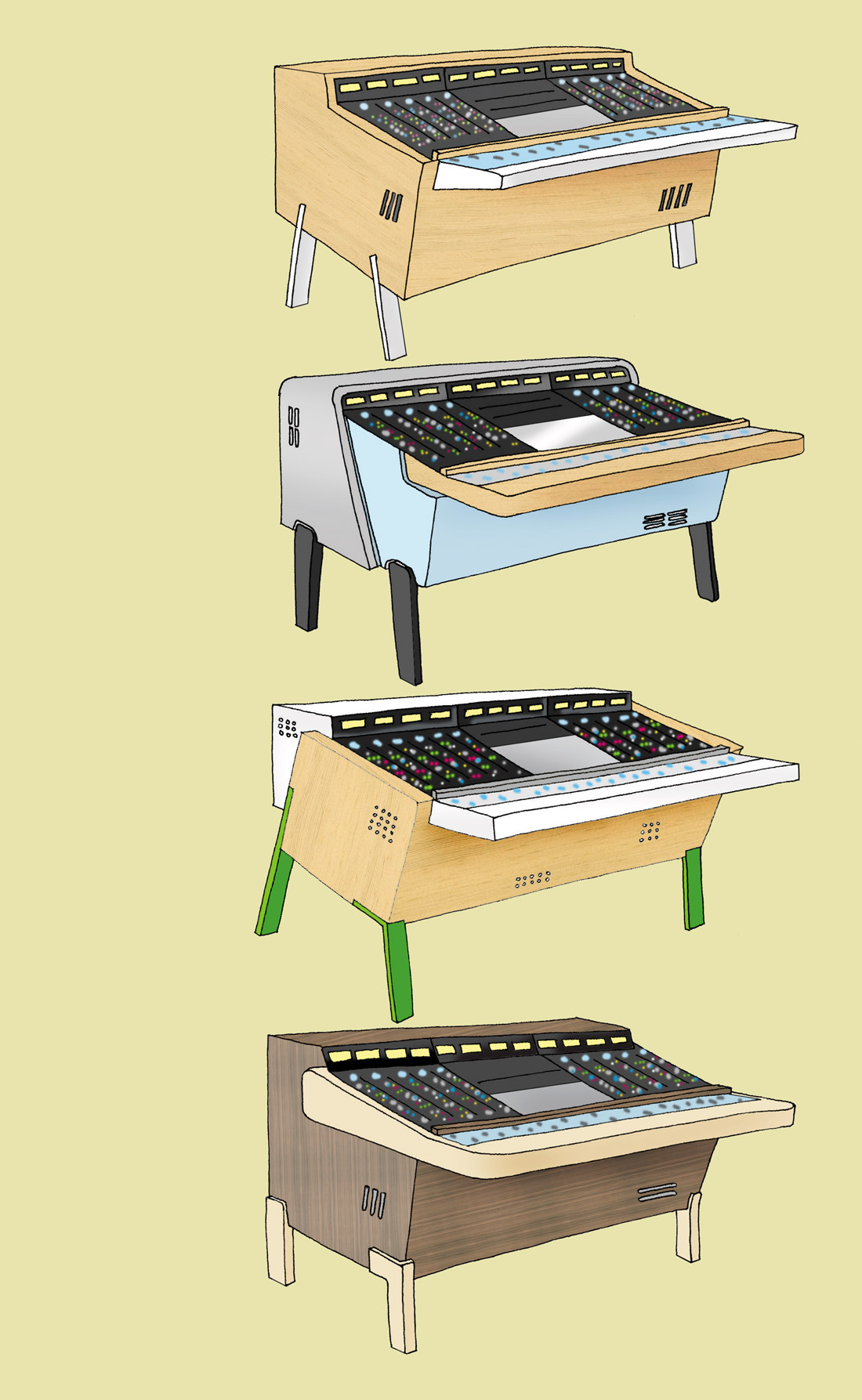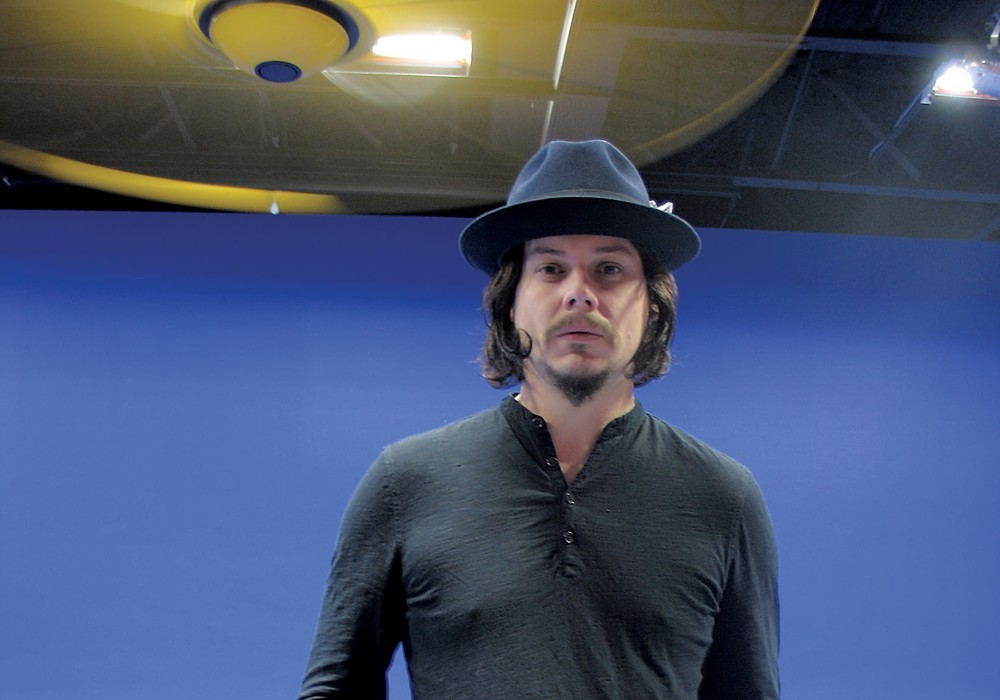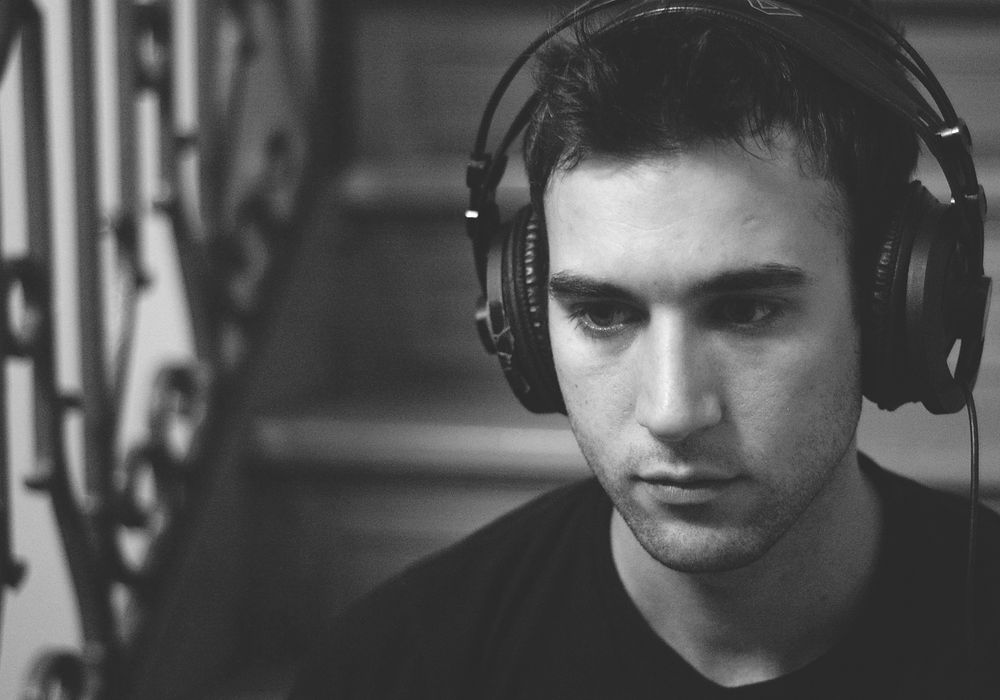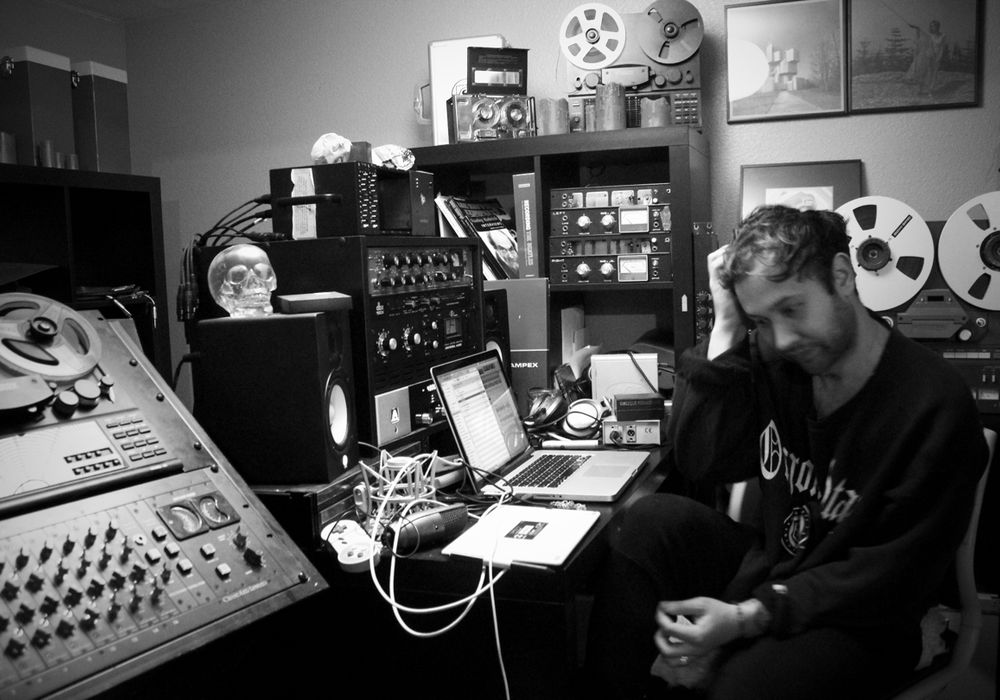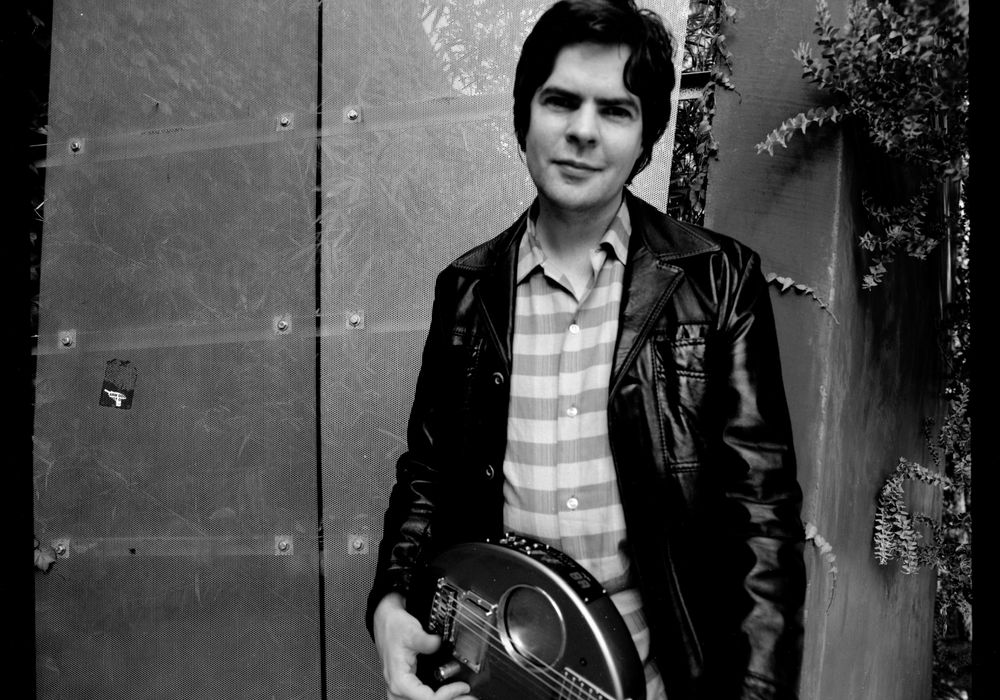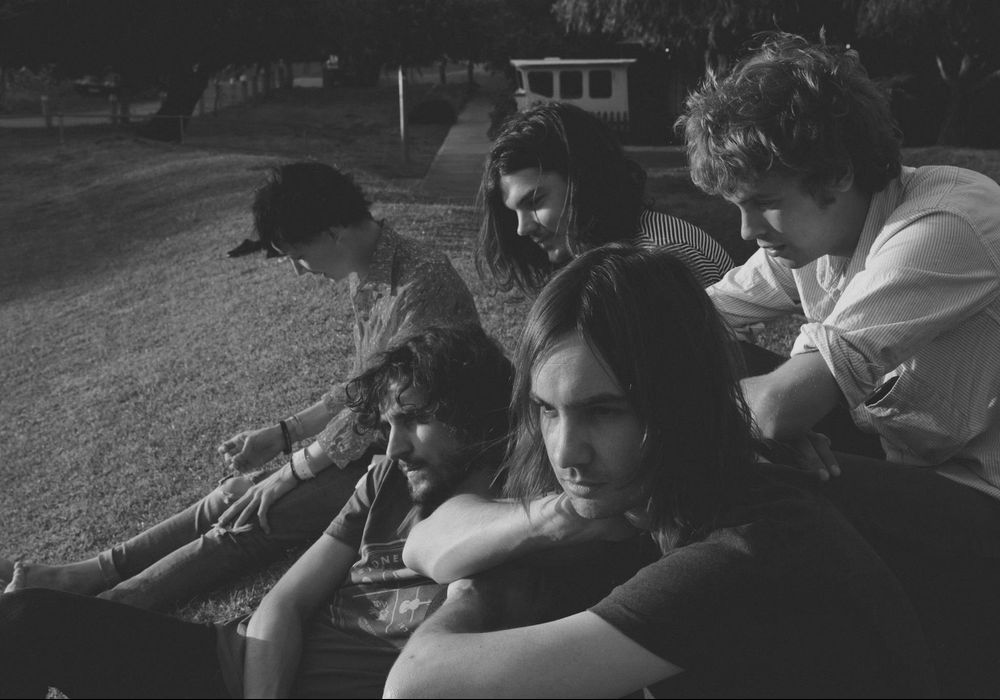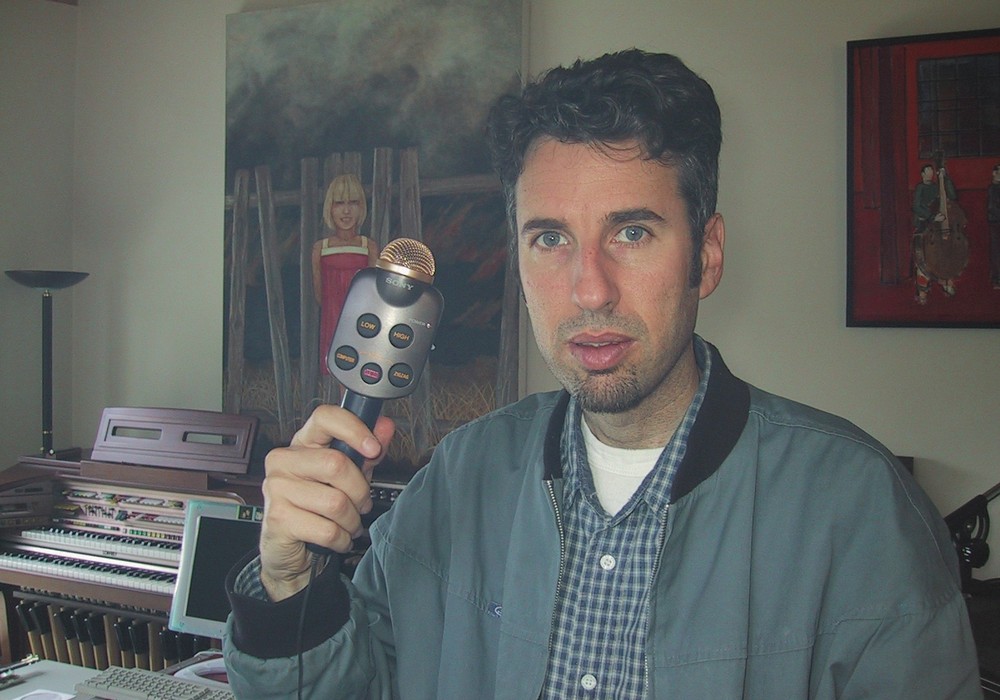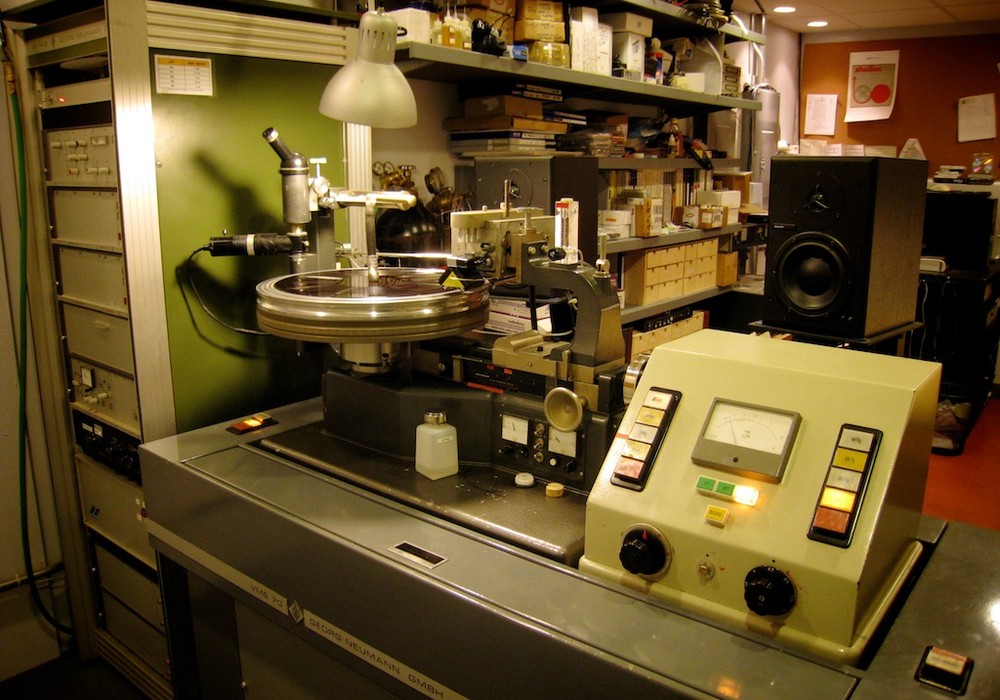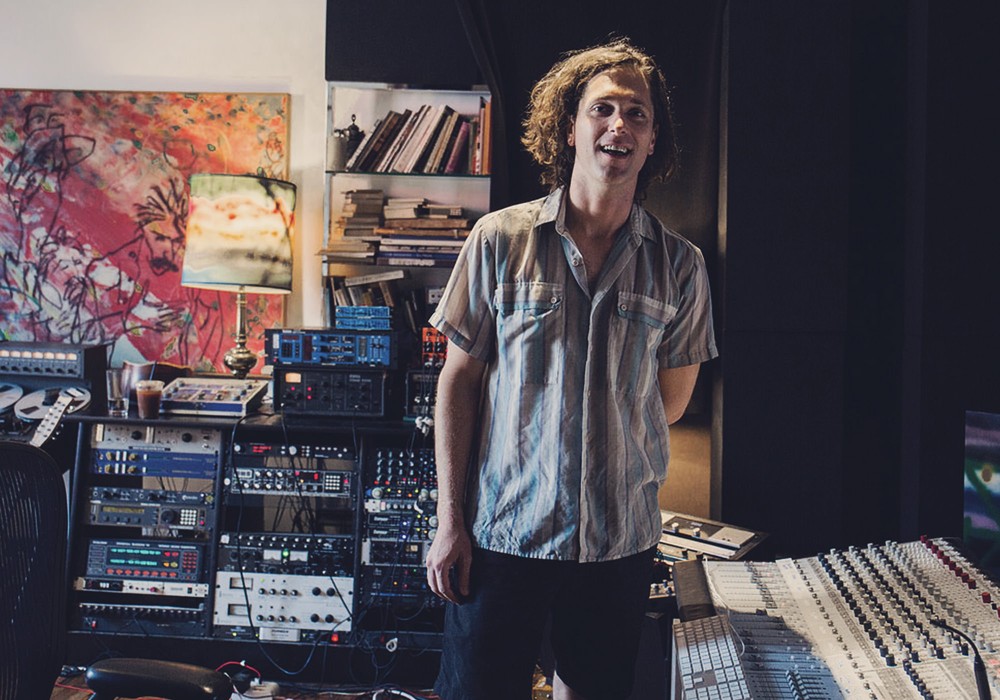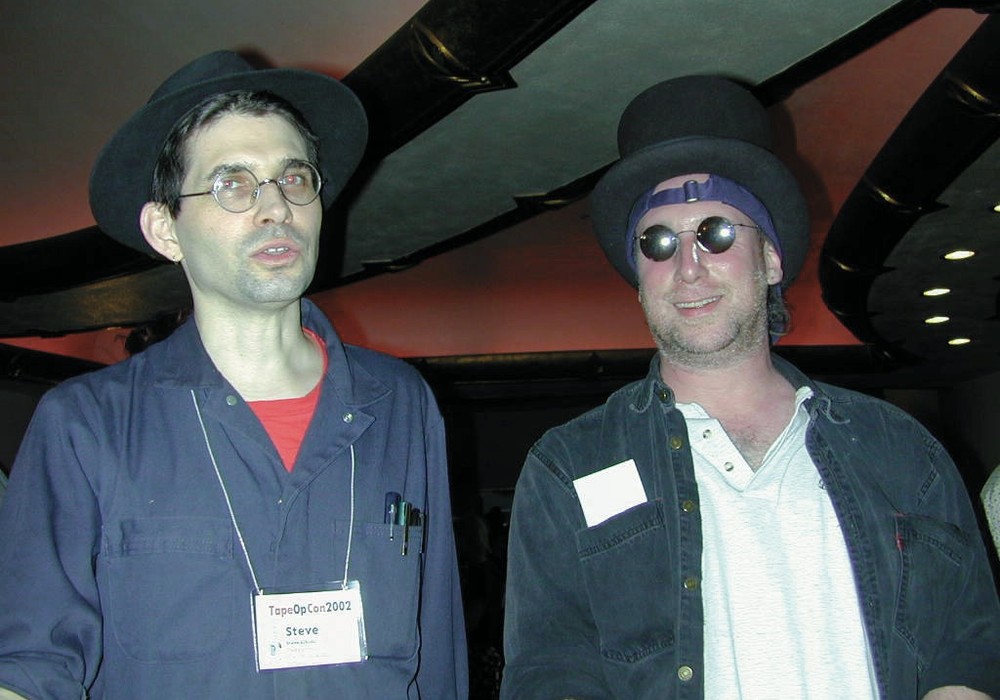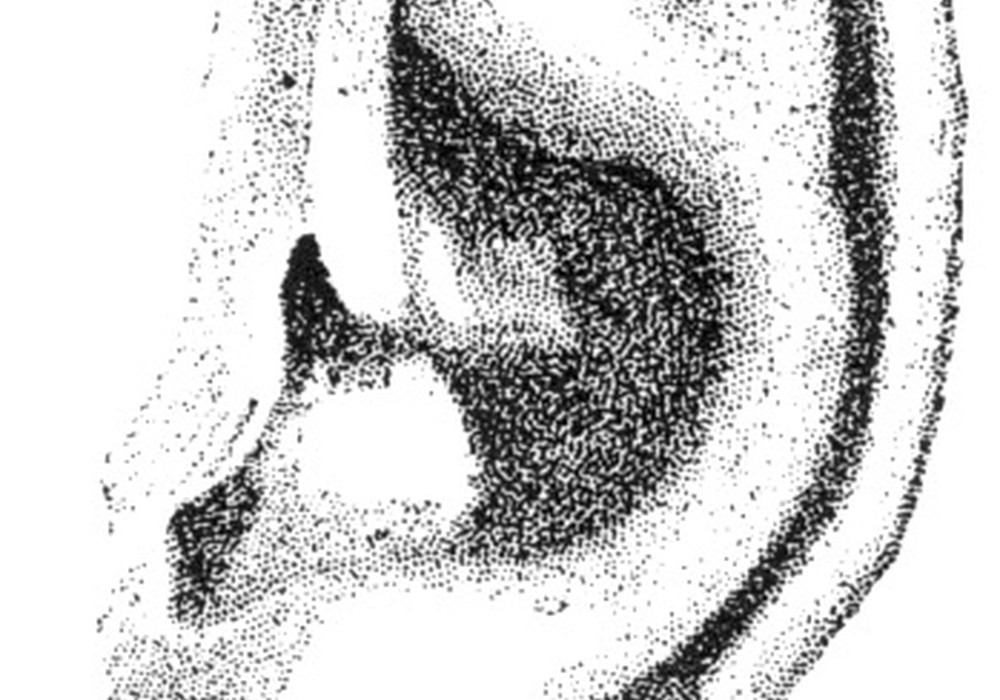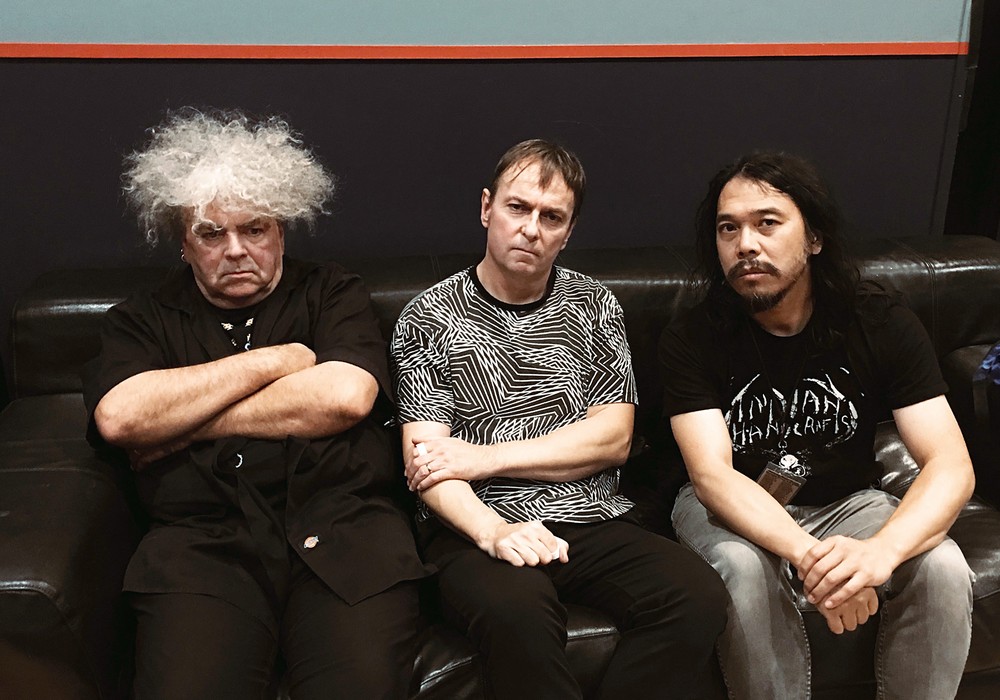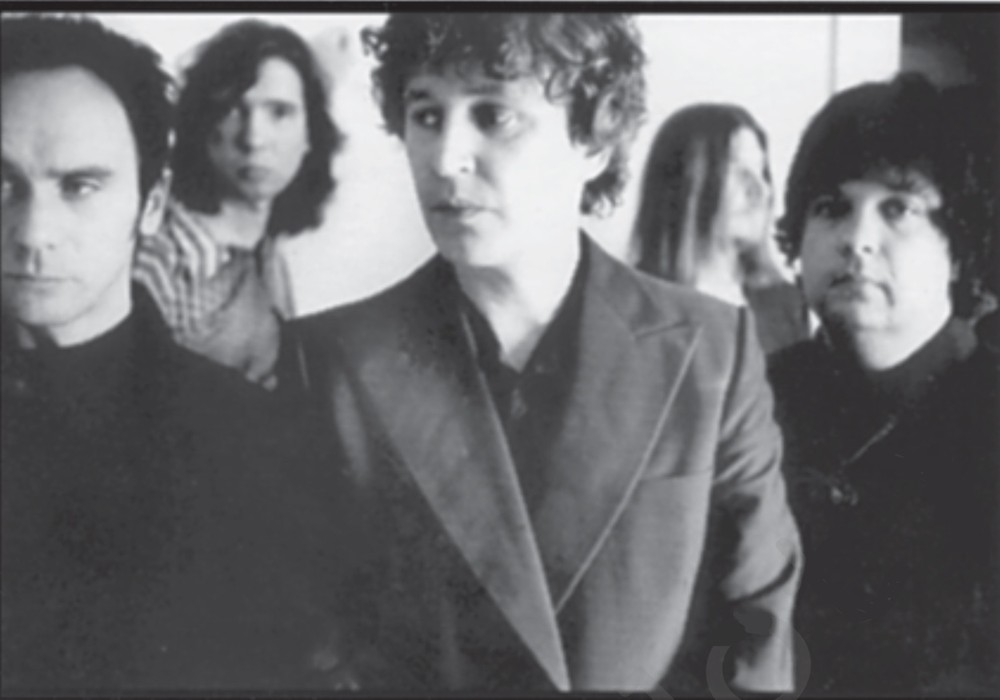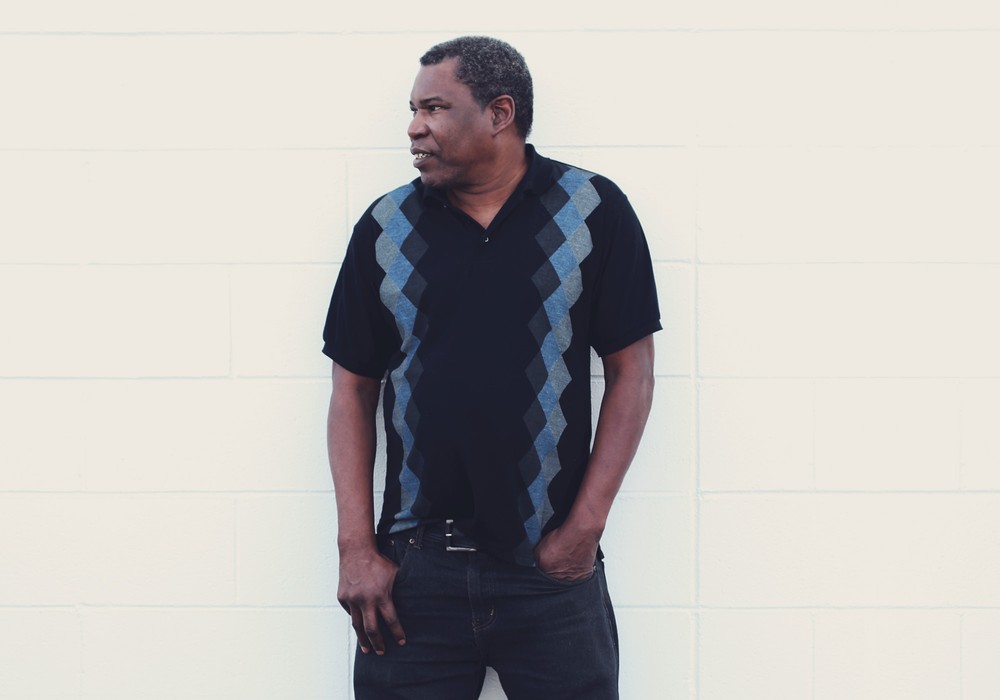As a member of The White Stripes, The Raconteurs and The Dead Weather and the Rome project (with Danger Mouse, Norah Jones and Daniele Luppi [Tape Op #40]), Jack White III has certainly proved himself as a songwriter, singer, performer and musician. But it's also an impressive list when you add up Jack's production work with his bands, as well as producing artists like Loretta Lynn, Wanda Jackson, The Greenhornes, Dexter Romweber Duo, his wife Karen Elson and even his pal Conan O'Brien. Jack also oversees the label he founded, Third Man Records, where his productions are released and where occasional live concerts are captured on analog tape in the back room. But the real action has been taking place on 8-track, 2-inch tape in his self- designed, private studio in Nashville, where he's been busy at work since September 2009 on many projects, including Wanda Jackson's excellent new album, The Party Ain't Over. I was able to catch Jack at his office at Third Man for an increasingly rare interview with a very busy and interesting man.

Obviously you're a proponent of tape. But some early White Stripes singles were tracked on an ADAT?
Yeah. The very first Stripes single was on a 1/4-inch, 8- track Otari. The only recorder I had was a 1/4-inch reel-to-reel. It was on the fritz for the next couple of singles, so I had to borrow my friend's 8-track ADAT, which is a horrible format. I took one of those tapes over to Brendan Benson's studio and asked, "Can I just pop this in and listen to it?" And he said, "No, no, no! Don't put it in. You might corrupt my machine!" [laughter] So I thought I'd skip that. In 1999, after we recorded our first album, I got a 1/2-inch Tascam 8-track.
You did your first album on tape with Jim Diamond at Ghetto Recorders [Tape Op #57].
Yeah, unfortunately!
I know you don't want to get into that part [there was a later lawsuit involved], but that first album was on tape.
Yeah. In fact, most of the things I've recorded have been on 8-track, whether it's 1/2-inch, 1-inch or now 2-inch. I like the constriction of 8-track. I like knowing in the back of my head that albums like [The Beatles'] Revolver were recorded on 4-track. If we can't do it on 8-track, twice as many tracks as that, then what are we doing here? I've always been that way when I look at any type of creativity: photography, films, anything like that. Sure, you can spend $200 million dollars on a movie and make it look interesting, but can you do it for $200 bucks? Sure, you can make something look amazing in [Adobe] Photoshop, but can you take that photo for real? That's where I get impressed with other people's work. That's why we work with [filmmaker] Michel Gondry — he makes everything for real. He didn't computerize Legos for us — he made real Legos. That's also where I feel comfortable creating, when there's a limitation and a time constraint, a money constraint or a tool constraint. Anytime I've ever had to mix something in Pro Tools where there's an unlimited opportunity, I just don't like it. It feels really uncomfortable to me. It's just scary. I see other people doing it and I don't like what I see them doing. I don't like the plug-ins instead of real tools. It's so abused. There's one great thing about working on tape and working with the limitations of tape and real, mechanical tools: you don't change things easily. When you're working on tape and recording to reel-to-reel, you don't say, "You missed a beat, but we'll just fix it later." It's even worse in Pro Tools; you'll fix three other things and then there's no soul left in it. I'm not saying it can't be done. I know people who record and don't use plug- ins. They use external, outboard gear and they're conservative with how many tracks they use. But others have 3,000 tracks and an edit a minute.
Obviously one of the things you're thinking is that a classic album didn't need that in the first place.
Yeah, it's tough to have those opinions and stick with it. I'm not dissing how other people work. If it works for you, that's great; but it doesn't work for me. If it did, I would do it because it's definitely easier. I've recorded many albums on 8-track with one engineer. When you go to a bigger studio and record on a 16- or 24-track and you have a lounge, a producer, an engineer, an engineer's assistant and you're editing on Pro Tools, all of a sudden your recording takes twice as long to do because you're sitting around waiting all the time. When I designed my studio I made a rule that no one is allowed to surf the Internet in there. You have to be part of it! There's no walking away; we're all here and we're all working. We're all part of every moment of it.
What about cell phones? I feel clients have become distracted with them while I'm working.
Well, I don't own one...
